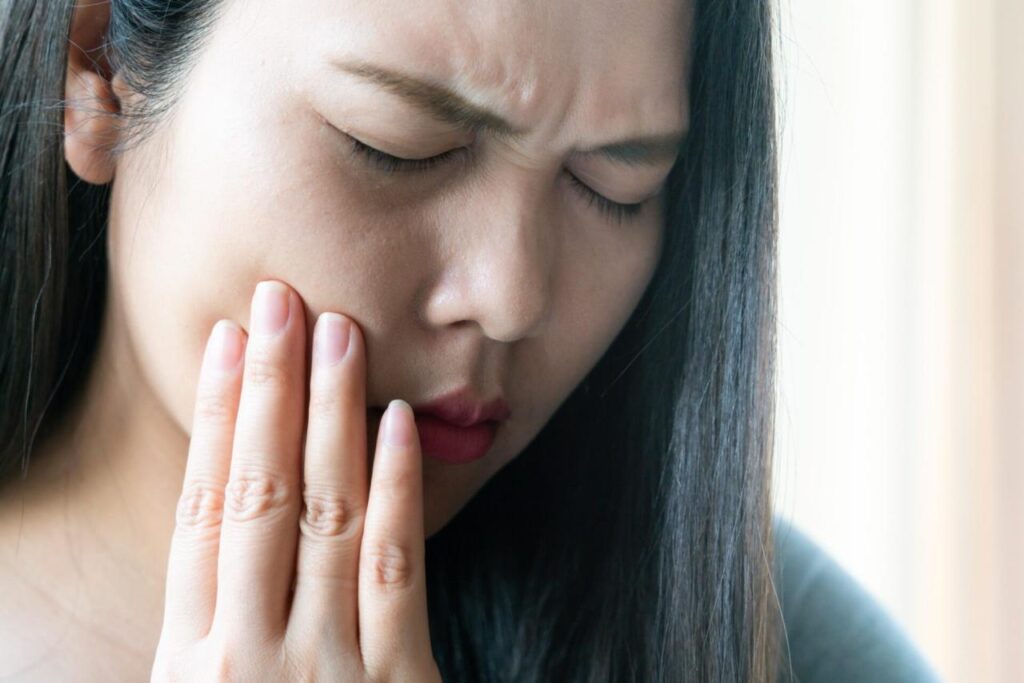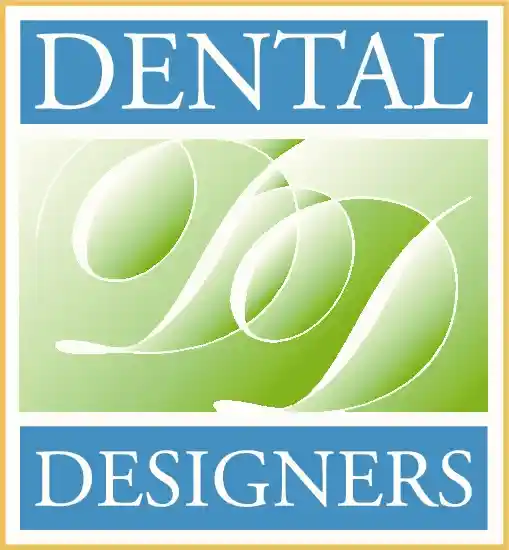
Tooth sensitivity from local dentist in Rockford
Tooth sensitivity is a frequent dental problem that can negatively affect an individual’s quality of life. It can produce discomfort and anguish while consuming hot or cold meals and beverages or regularly cleaning and flossing your teeth. If you have dental sensitivity, you should know you are not alone.
Many individuals seek efficient solutions to eliminate this discomfort and get back to where they can eat their favorite meals without wincing. In this blog, we will discuss the factors that might lead to sensitive teeth and the solutions that a dentist in Rockford, Illinois, suggests patients try to achieve some level of comfort.
Understanding Tooth Sensitivity
Tooth sensitivity, or dentin hypersensitivity, arises when the protective covering of enamel on your teeth begins to peel off, exposing the underlying layer known as dentin. Another name for tooth sensitivity is enamel hyposensitivity. This syndrome is also referred to as dental hypersensitivity in some circles. Dentin hypersensitivity is an additional phrase that may be used when referring to teeth that are too sensitive.
Dentin is made up of a multitude of tiny tubules, each and every one of which is connected to the tooth’s nerves. When these tubules are exposed, they are more likely to be triggered by external stimuli such as changes in temperature, acidic meals, or even touch, all of which can evoke pain or discomfort. When these tubules are not exposed, they are less likely to be activated by external stimuli. When these tubules are accessible, they have a greater chance of being activated by stimuli from the outside world.
7 Common Causes of Tooth Sensitivity
- Brushing Technique: Brushing too vigorously with a toothbrush that has bristles that are too firm or with too much power can cause enamel erosion and gum recession, all of which contribute to sensitivity in the teeth.
- Gum Recession: The sensitive root surfaces of the teeth are made more responsive to sensitivity triggers when gums recede and are exposed to the environment.
- Acidic Diet: Consuming meals and drinks rich in acid might cause enamel to wear away over time and lead to sensitivity.
- Teeth Grinding: The enamel on your teeth can be worn down and become more sensitive if you clench or grind them, especially when you do it unknowingly while you sleep.
- Dental Procedures: It’s possible for some dental procedures, including getting your teeth whitened or getting fillings, to make your teeth more sensitive temporarily.
- Gum Disease: In advanced stages of gum disease, gum recession can occur, which exposes the tooth roots and can result in tooth sensitivity.
- Cracked Teeth: When pressure is applied to the teeth during chewing, cracks or fractures in the teeth can expose the dentin, which can contribute to discomfort in the teeth.
Recommendations from a Rockford, IL Dentist
I had the opportunity to discuss tooth sensitivity with a well-respected dentist in Rockford at Dental Designers, who is well-known for his knowledge in the field. The Doctor states that “effectively managing the issue and preventing further complications requires a combination of at-home care and professional dental guidance.” This is because “dealing with tooth sensitivity requires a combination of at-home care and professional dental guidance.”
Dental Tips for At-Home Care
- Use a Desensitizing Toothpaste: The use of toothpaste specially made for sensitive teeth is something the Doctor suggests. These toothpastes include substances that block the tubules in the dentin, lowering the amount of feeling that is sent to the nerves.
- Opt for a Soft-Bristled Toothbrush: The use of a toothbrush with soft bristles and a gentle brushing method are two things the Doctor stresses as being quite important. Brushing too vigorously can accelerate enamel degradation and gum recession, making teeth more sensitive.
- Practice Proper Dental Hygiene: It is necessary to practice excellent dental hygiene. Brushing, flossing, and using a mouthwash that contains antimicrobial agents consistently can help prevent gum disease and enamel erosion, two factors that lead to tooth sensitivity.
- Modify Your Diet: Doctors recommend cutting less on acidic foods and beverages, including citrus fruits, sodas, and salad dressings made with vinegar to improve oral health. If you do decide to partake, they suggest you rinse your mouth with water afterward to help neutralize any acids that may have been produced.
- Wear a Night Guard: If you tend to grind your teeth while you sleep, investing in a night guard customized to fit your mouth will help prevent further enamel wear and tear on your teeth.
- In-Office Treatments: Doctors suggest in-office treatments such as tooth fluoride varnishes or dental bonding for more severe sensitivity situations. These therapies have the potential to give comfort by sealing the exposed dentin tubules in the tooth. Your dentist might also offer deep dental cleaning.
- Addressing Underlying Issues: You must visit a dentist if the sensitivity in your teeth continues. Doctors emphasize that underlying dental concerns may require a professional’s intervention, such as fractured teeth or gum disease that has evolved to a more advanced stage. If therapy is given in a timely manner, it can prevent subsequent difficulties.
Conclusion
Sensitivity in the teeth can be a genuine nuisance and make it difficult to take pleasure in daily life activities. Managing sensitivity and even lowering it is possible, provided you take the appropriate steps. If you want to regain a pain-free and comfortable dental experience, listening to the guidance of trained specialists at Dental Designers may make a big difference in your road toward achieving this goal. Remember that the key to overcoming tooth sensitivity and protecting your long-term oral health is a combination of practicing good oral hygiene, modifying your diet, and seeking expert dental treatment.

